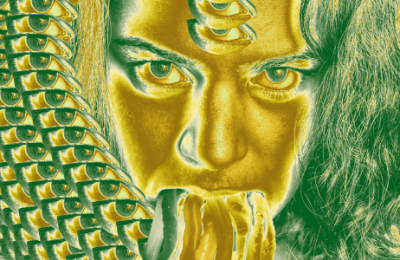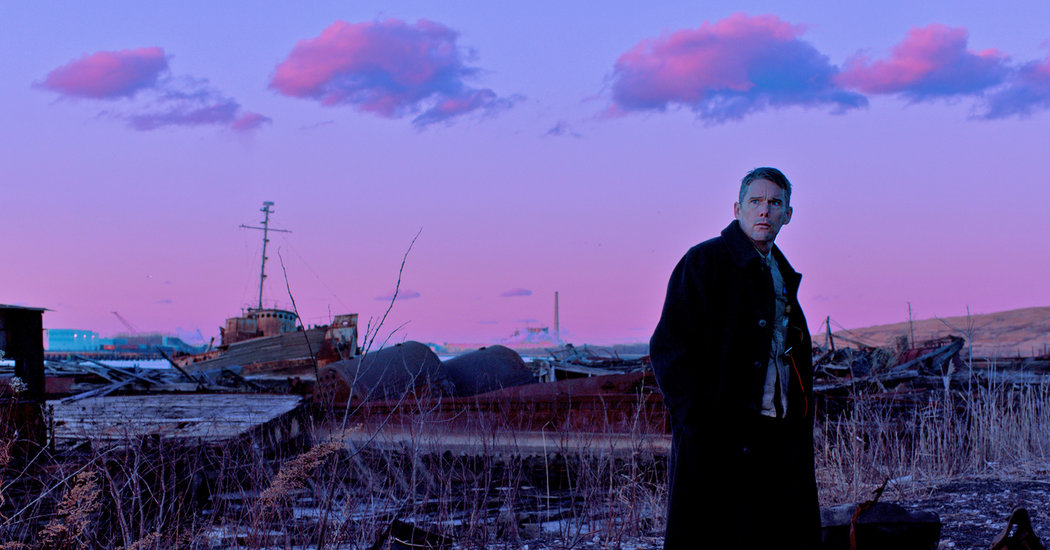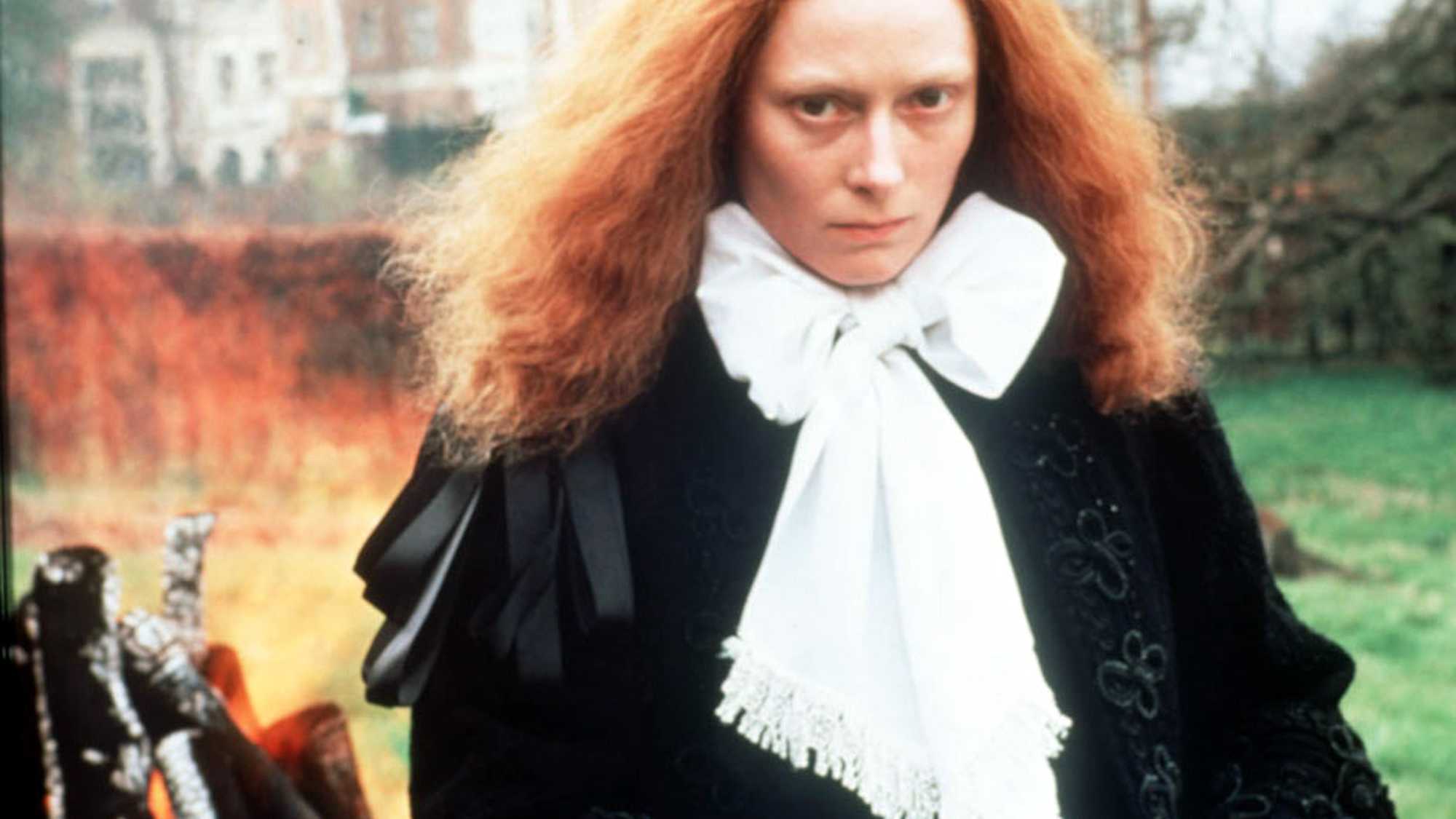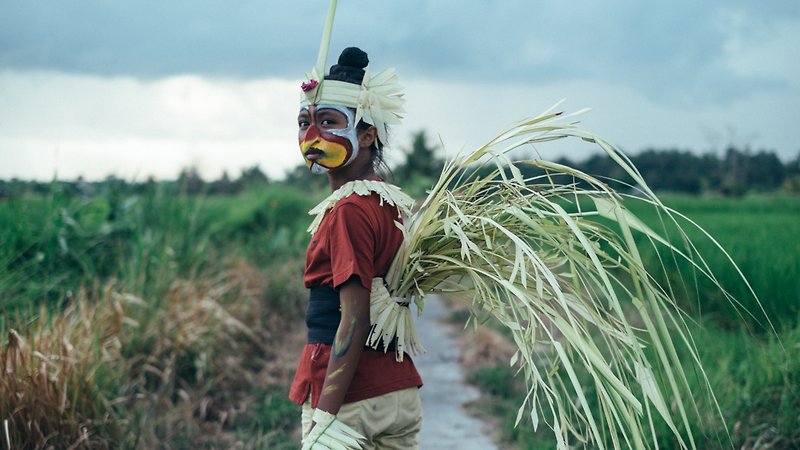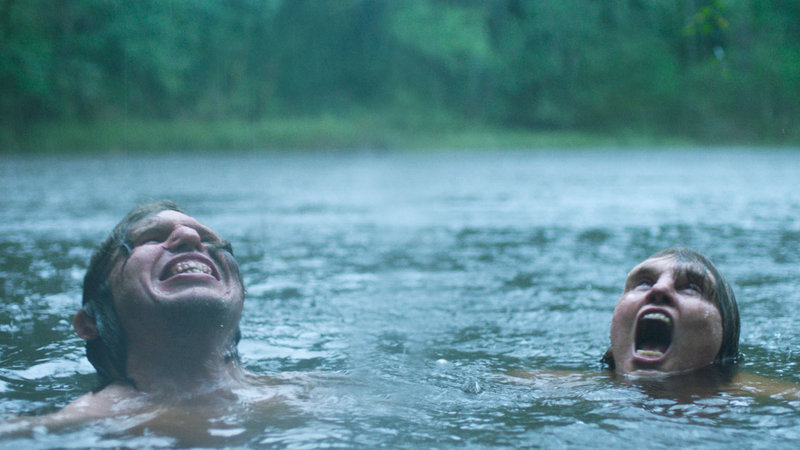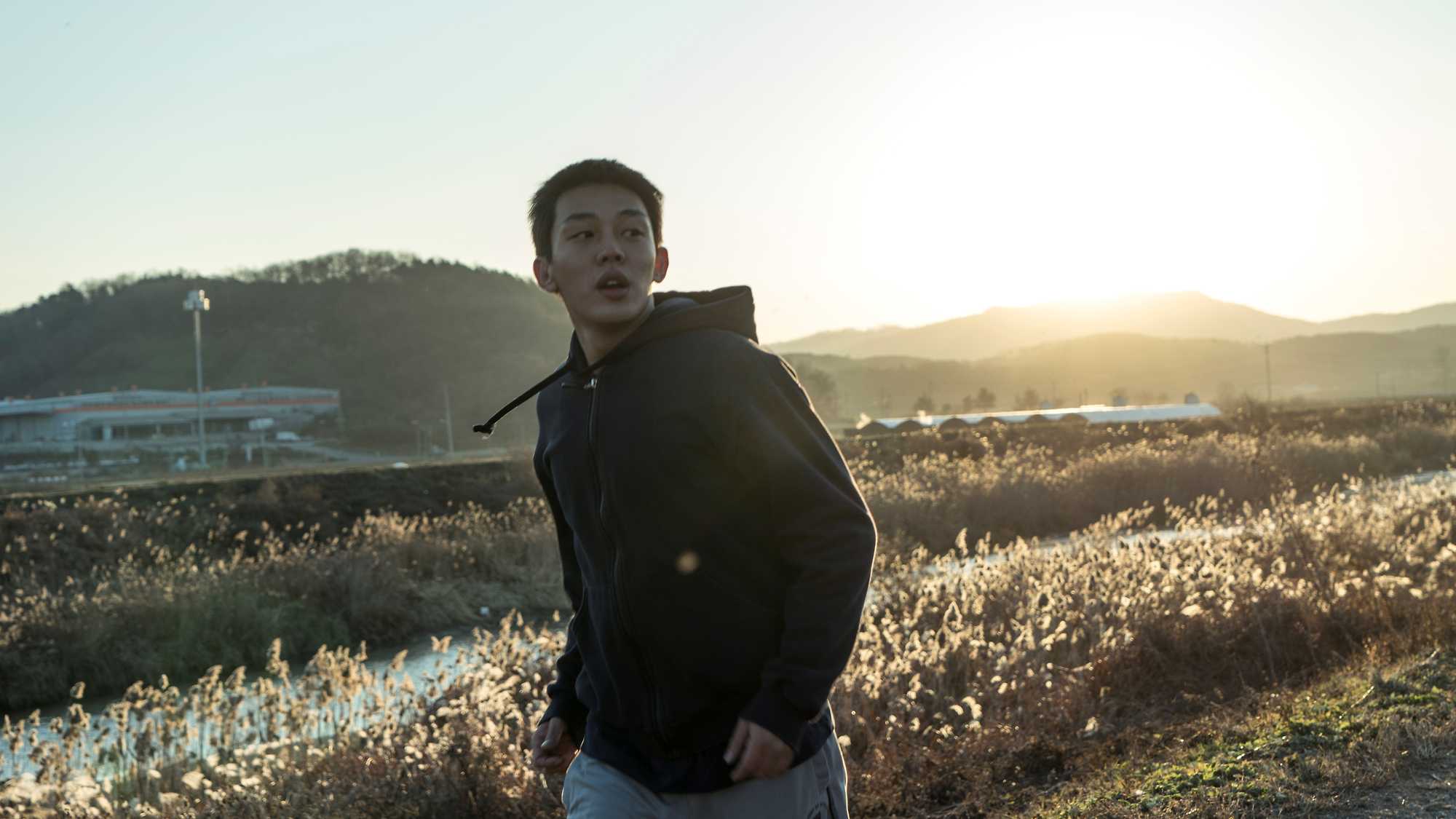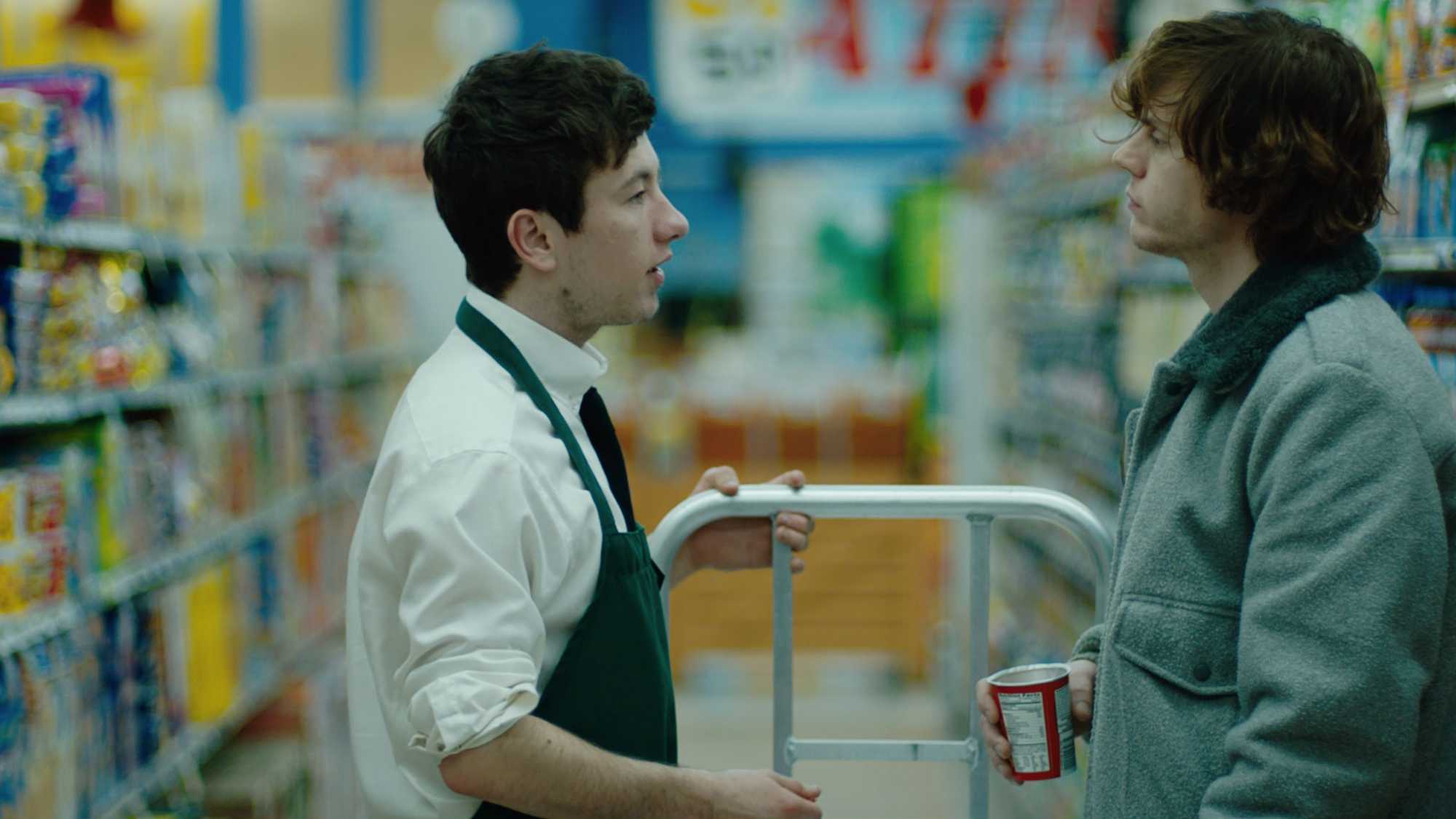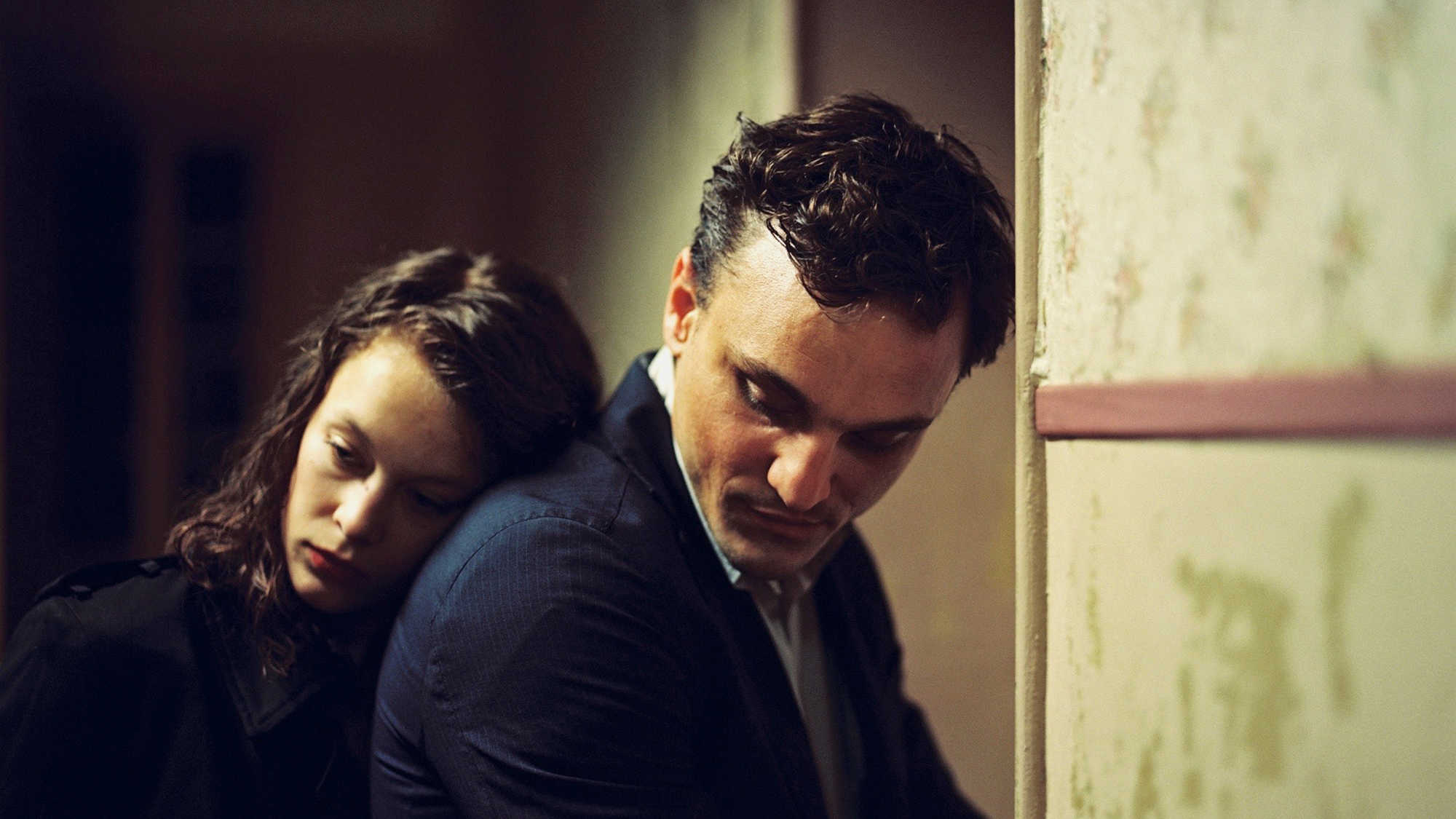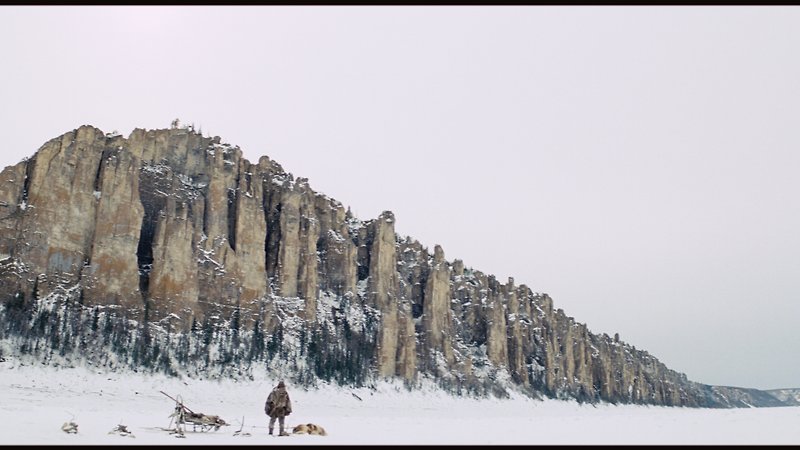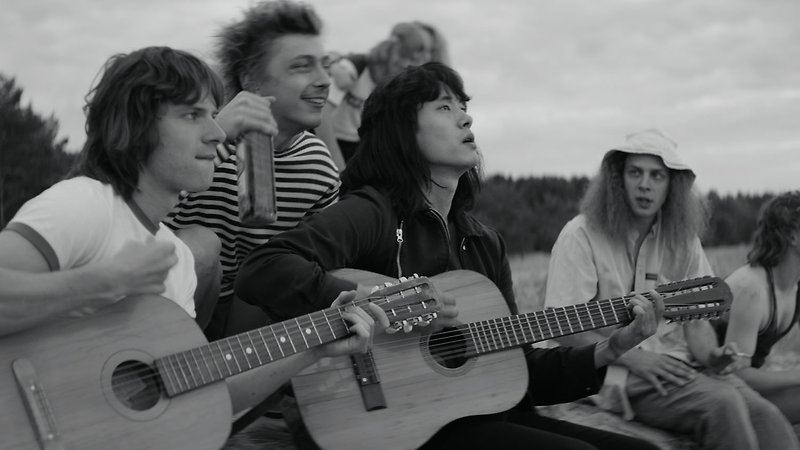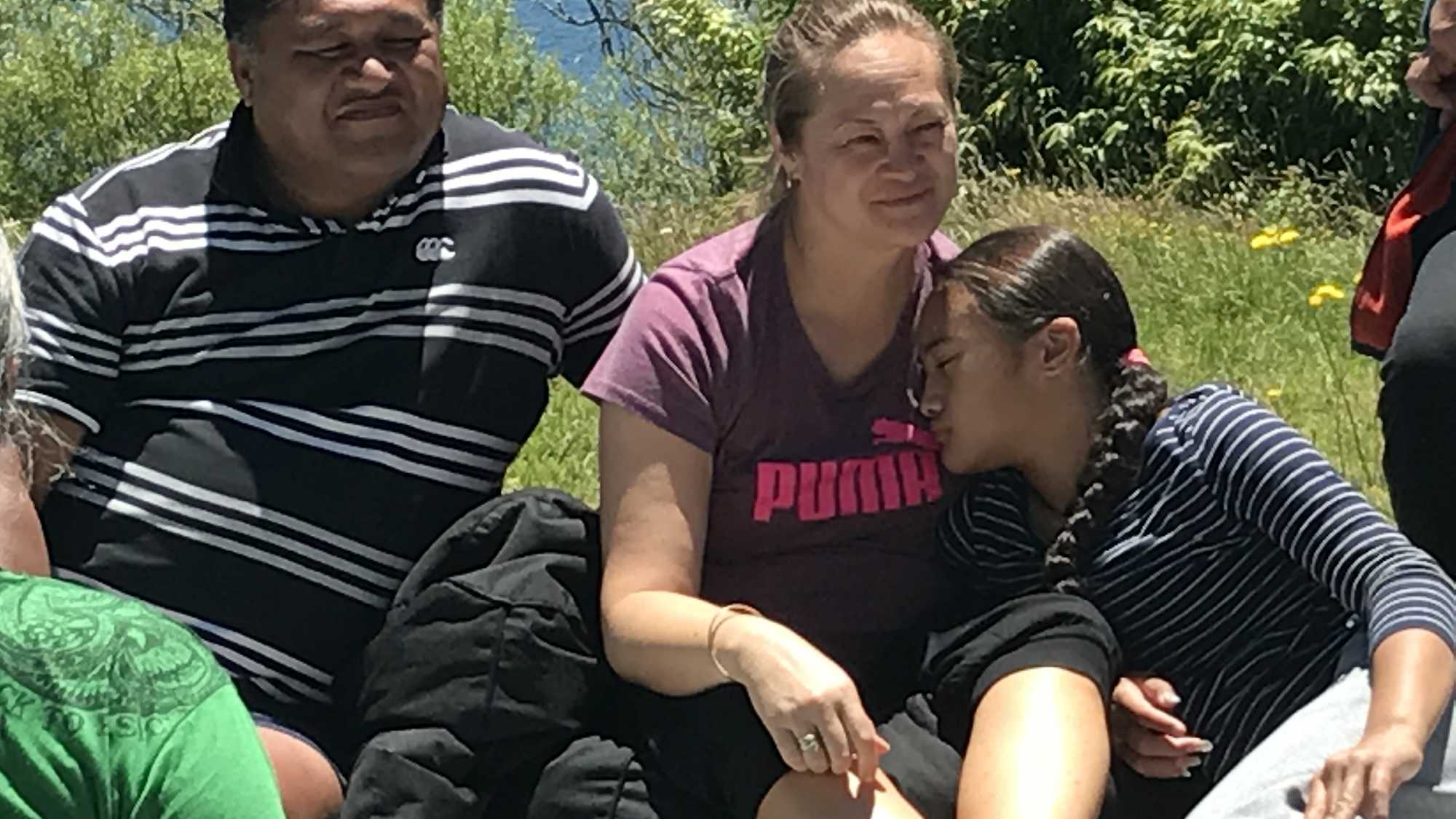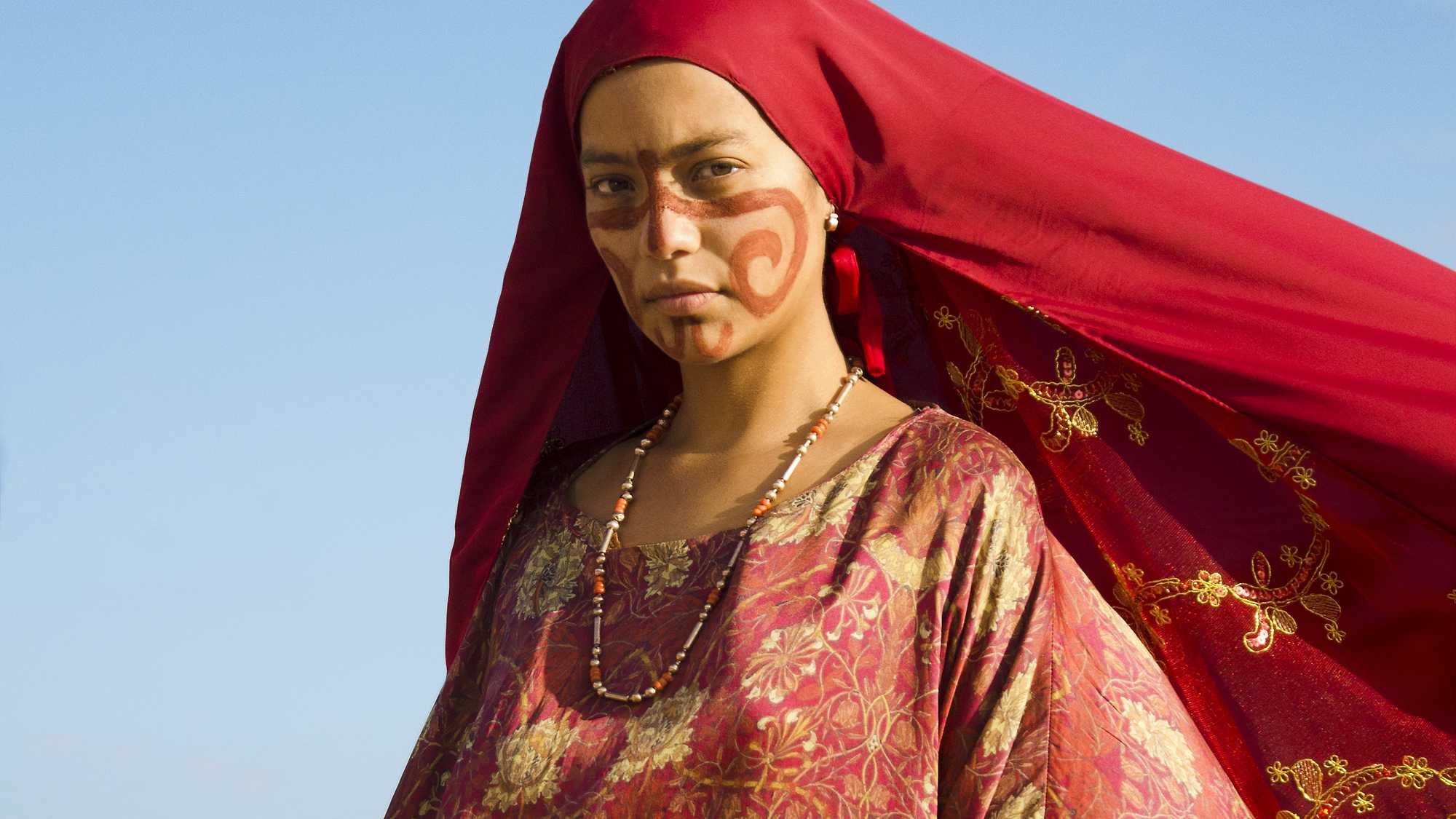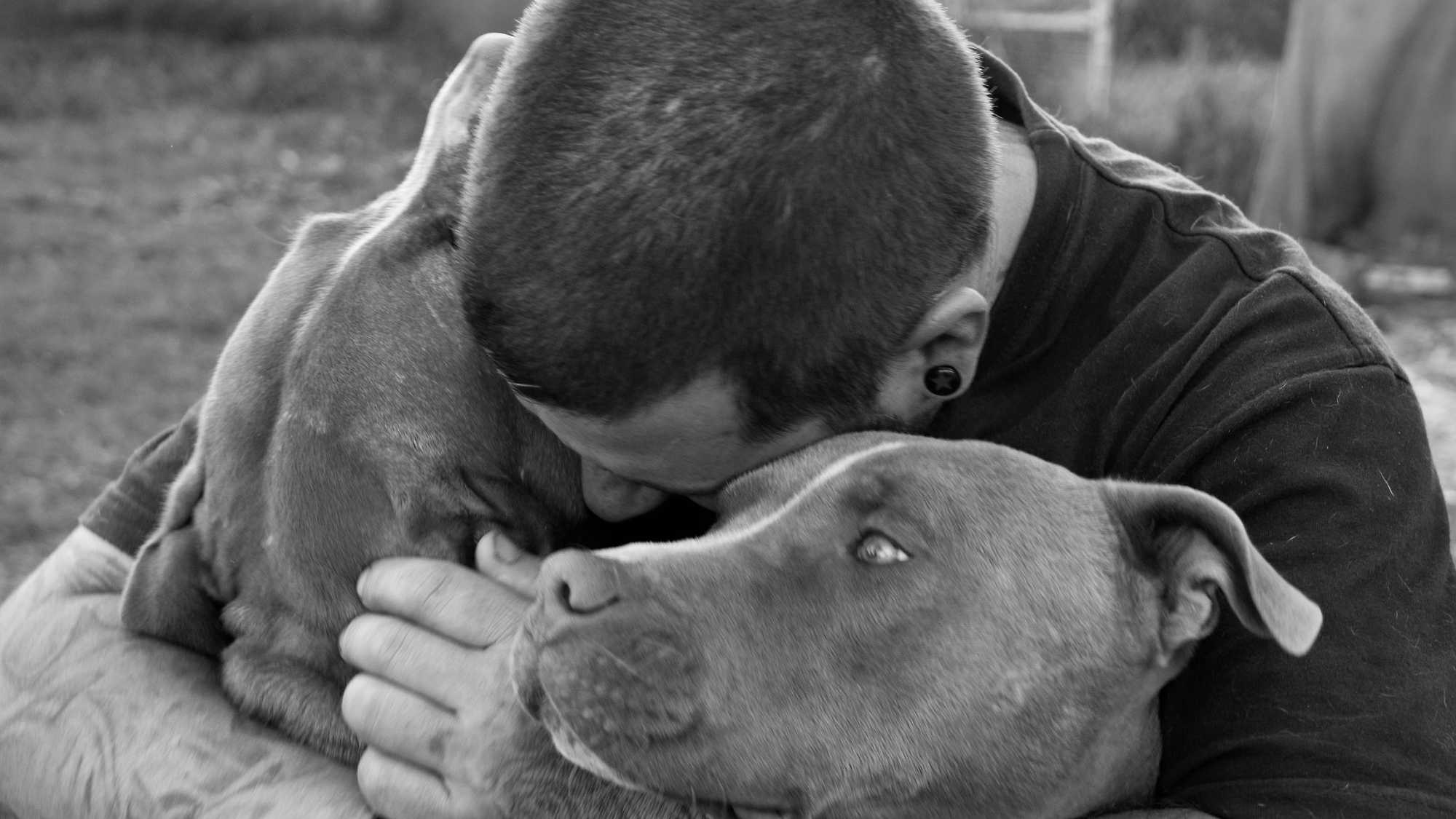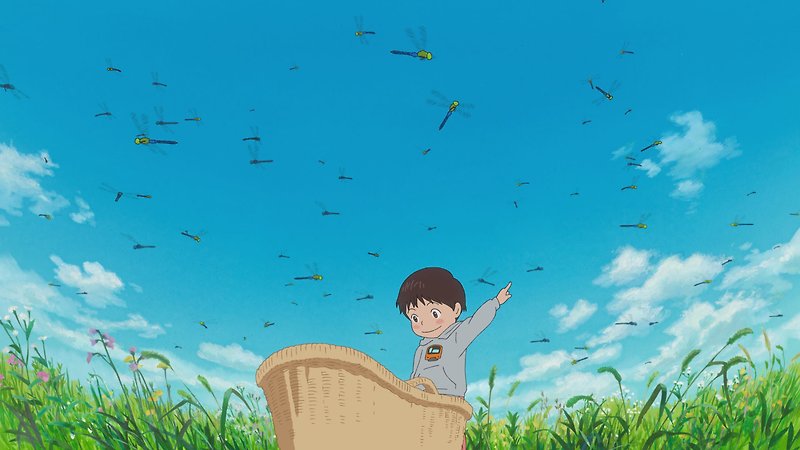When
we meet for Confest twice a year, in NSW, by the VIC border, on the
western side of the Great Dividing Range, the mud pit is always an
integral aspect of our gathering.
One
day, at my first gathering in this location, I simply emerge from my
tent, eat my apple cider vinegar and gluten-free muesli, and walk
down the path to whatever my day has planned for me. I bump into
someone I shared a cuddle puddle with the previous night and she
recommends I go to the Art Village for the Mud Tribe. Of course I
accept the recommendation wholeheartedly.
I find
many people gathered in and around a beautiful well-dug mud pit with
ribbons hanging above it. I do not hesitate to take off my clothes
and step, slip and slide into the thick mud. The mud is so thick that
we can dip our flesh in as if we are dipping an icecream in
chocolate, emerging solidly coated. In this way there are many people
standing around in the sun, not wearing clothes but not naked due to
a full-body mud suit. Some people have their faces exposed, others
close their eyes and submerge themselves and so even their eyelids
are brown with crunchy powdery mud. I submerge myself completely and
surface with mud stinging my eyes. I crawl out of the mud pit with my
eyes shut tight and my face tilted up helplessly, begging anyone in
the vicinity to rinse my face. I learn the technique for submerging
my entire face in mud without getting it in my eyes. I close my eyes
as tightly as possible, immerse my head face-down, emerging and
waiting for the excess mud to drip off.
Having
sufficiently enjoyed the delightful perversion of my civilised
education by rolling around naked in the mud with many other naked
humans, I emerge into the warm sunlight and, like many others, wait
for the mud to dry. Some, wet with mud, roll around on the earth to
cover themselves in leaves and twigs, increasing their primitive
power; others, with dry mud, are painted in variable and imaginative
ways.
As we
stand around in our mud costumes we collectively get into character.
The complexity of language amongst the mud people deteriorates
rapidly and grunts replace English as the dominant spoken language.
We become playfully defensive and territorial. If I am challenged by
some arrogant mud man I must defend myself with the strongest
threatening ooga-booga. The energy starts to build, we all get more
and more excited, and soon 100 of us, the Mud Tribe, are running as a
mad primitive excited group through the gathering.
Though
I couldn't possibly know it, I was surrounded by many who would
become close friends in the years to come. The Swedish men with whom
I would travel with in a few days time, the Estonian man whose family
I would live with in Bondi a year later, the British man who would
teach me to expand my urban food gathering skills and who would
introduce me to two of the most beautiful young Australian men I
would ever meet.
Of
course we are not entertaining such thoughtful atemporal mental
processes, we are tribal, primitive, hysterical and crazy in an
environment in which joyous craziness is well supported and
encouraged. As large metallic motor vehicles drive slowly down the
dusty roads we leap upon them shrieking and grunting. We approach
people's camps with curiosity, always on the razor's edge of being
offended to the point of confrontation by any arrogant male. People
gasp and laugh in delight, surprise, confusion and disgust as we
investigate the strangely civilised environment of the festival,
people and their strange foods and belongings, so many things not
quite making sense to our purely human, culturally void, temporarily
muddy minds.
There
is a leadership crisis in our tribe. There is a staff of power and
there is a muddy bra, an object so curious and foreign that it
becomes an extraterrestrial divine artefact of great value. Arthur
battles to retain his leadership against an uppity eight-year-old boy
brimming with delight at the novelty of the encouraging attention.
Tremors of effervescence and humorously-aware power emerge from
within him like a volcanic eruption. My role in the tribe emerges
intuitively. While almost everyone becomes a member of the crowd,
following the tribe mindlessly, it is my role to contradict and
undermine the dominant ideologies of the moment. When our leader
gives a rousing speech of grunts and ground-bangs with the staff of
power and the crowd cheers, I must weaken his speech with my own
contrariness.
We
enter the market place, where people are relaxing, buying food and
not expecting to see 100 naked mud primitives suddenly in their
lives. We are met with another mud tribe. A tribe of perhaps 30
people enter our space and confront us directly. A heavy dread
quickly spreads across the environment, we group together, and our
leader meets their leader. Our leader represents us with the staff,
trying to dominate the other leader into submission with superior
grunt-threats; the other leader grunts back and the confrontation
escalates. I intervene, grabbing the staffs of both leaders in each
hand. They do not let go of their staffs and the three of us bang our
staffs in unison, faster and faster, until we are miraculously
united, one tribe, with the benefits of peace, happiness and genetic
diversity. We return to the Art Village, dive into the river and shed
our mud and our characters into the flowing water that merges with
the Murray River before washing out into the ocean.
There
is a barge in the river that is usually occupied by the older
children. It is suddenly taken over by us extremely excited post-Mud
Tribe adults who leap on it until it almost sinks and channel our
energy into play. Having been washed completely clean by the river, I
sweat in the steam tent.
I was
surprised to hear that Mud Tribe, what I had experienced emerging
naturally and spontaneously from the genetic memory of the people and
the mineral composition of the soil, was actually an event that
happened at each gathering and was established by Peter, an
inspirational man who also organises and supervises what he calls the
Spontaneous Choir at the market place. I just happened to experience
my first Mud Tribe when Peter was absent and so chaos reigned.
Eight
months later – having set foot on the other side of the planet,
having emerged from the bounds of a financially-limited lifestyle,
having inspired and been inspired by 120 Swedish teenagers as
a lädarer at a KFUM summer camp in Jönköping,
fallen in love with two serious and sensitive young Scandinavian men,
one with a thick beard, one with a smooth 18-year-old face,
discovered the naked elemental shamanic dancing of my vocation around
a tribal fire, having performed my confrontational spoken word to
variously-responding audiences, learned and forgotten how to drum,
and realised that the entire world and, quietly, other parallel
worlds, were waiting for my powerful truth to emerge and would
embrace me when the time is right – I returned to Confest and
another Mud Tribe.
I had
told many people about Confest and Mud Tribe and I was keen to do it
again. We are all gathered at the Art Village, drying our mud in the
sun, being painted by the local humans and getting into character
rapidly. As we mingle and play with our primitive selves,
rediscovered in our bellies, I notice these strange creatures wearing
clothes and taking photographs of us. They are fake people. I don't
understand their convoluted language, and I compress one of their
sentences into the word I subsequently use to describe them. They who
spectate and photograph instead of participating are the “tashymat”.
Peter,
tall, with a long beard and a lot of years of creative joyful ideas
to share, decides that the Mud Tribe should begin. He gathers
everyone together with English into a circle where he explains
exactly how it is all going to happen. I am appalled. Everyone
listens attentively as he assigns the role of leadership, maps
exactly the location and trajectory of the event and predetermines
every outcome. I am appalled not only as Chris, but as Mud Man. Mud
Man screams at him, realising he is the ultimate tashymat.
“Tashymat!”
I yell at Peter, pointing accusingly. “Tashymat!” People look at
me, slightly confused. I expect some people to deflect and follow me
but they remain in Peter's tight and controlled circle. “Tashymat!”
I continue to yell at Peter, flustered by my confrontation. He says
to me in an English I both understand and do not understand, “Please
stop, this is difficult enough as it is.” I do not stop. On the
fucking contrary. Arthur is designated leader and receives the
symbolic painted staff, which I know I must steal. No one follows me
and so I am alone, a mud tribe of one.
The
tribe runs off on their pre-planned trajectory. I enter their
performance at one of their early dramatic high points and steal the
painted staff of power from the leader. Unlike the 100% playful
nature of the previous battles for leadership, this is a genuine
confrontation, and a genuine ripple of offense moves through the
tribe. I am the heretic and I am suddenly amongst them and clutching
their sacred stick. Their eyes are upon me and their alpha males are
suddenly against me. I shriek at them in defiance and run faster than
anyone, escaping more easily than expected with the staff.
I
carry the staff across the back of my neck and my arms, like Christ
carrying his cross. I am perhaps more rigidly in character than I
have ever been in all my years of theatre, Mud Tribe, and a childhood
and post-adulthood of role-play games. I go to the marketplace and
interact with the locals as Mud Man, unnamed, unlanguaged,
uncivilised and unsocialised.
At
first I am constantly threatened by so many curious and confused
people but I slowly learn to interact with them. The patient enjoy
socialising me and teaching me language. I don't respond to their
speech the way they intend, repeating their sentences as one muddled
and contracted word, which I imbue with a meaning peripheral to what
they intend.
A man
has set up a soapbox and some facing chairs in the marketplace so
willing people can sit down and listen to him rave about whatever is
on his mind. When he sees me approach, bearing my desanctified staff,
he stands down from his soapbox like John the Baptist and gives me
the attention of his audience. I respond with immediacy and presence
and no knowledge of the context of his sermons. They are all
delighted with what they surely interpret as my performance, but what
is actually the emergence of an aspect of my true nature that has
never before been allowed expression.
The
official Mud Tribe turn up at the marketplace for their planned
community confrontation, Spontaneous Choir and unification of the two
tribes. They see me with their sacred staff and again fail to
retrieve it. For hours I continue to interact with the crowd. I learn
about five or six words in this time, all contracted and
out-of-context sentences from the most patient and curious people I
meet. I am very thirsty from all this running around and I am taught
the art of trade so I can buy myself a bliss ball and a lemonade.
Eventually
it is time to run back to the river. On the path I meet a few guys
from the official Mud Tribe and they look at me with an insecure
curiosity. “That was intense, Chris.” They don't yet know how to
respond to me, suggesting that I can emerge out of character now. I
ooga-booga them and keep running to the river. As I wade into the
water someone else speaks to me and I find I cannot respond as the
civilised educated man who I know I will become in seconds. I dive
into the cold rushing water of the river and emerge as Chris, now
finding myself able to respond to his comment.
When I
pierced the surface of the water I was alleviated of the persona of
the Mud Man. Underwater I was nothing and nobody. When I broke the
surface of the water again, reemerging into the atmosphere, I was
Chris, the predominant persona I have occupied and developed for much
of my waking life ever since. I threw the painted staff out into the
water to float away to the ocean or wherever it might get stuck on
the way. I washed off all the mud and moved on with my life.




